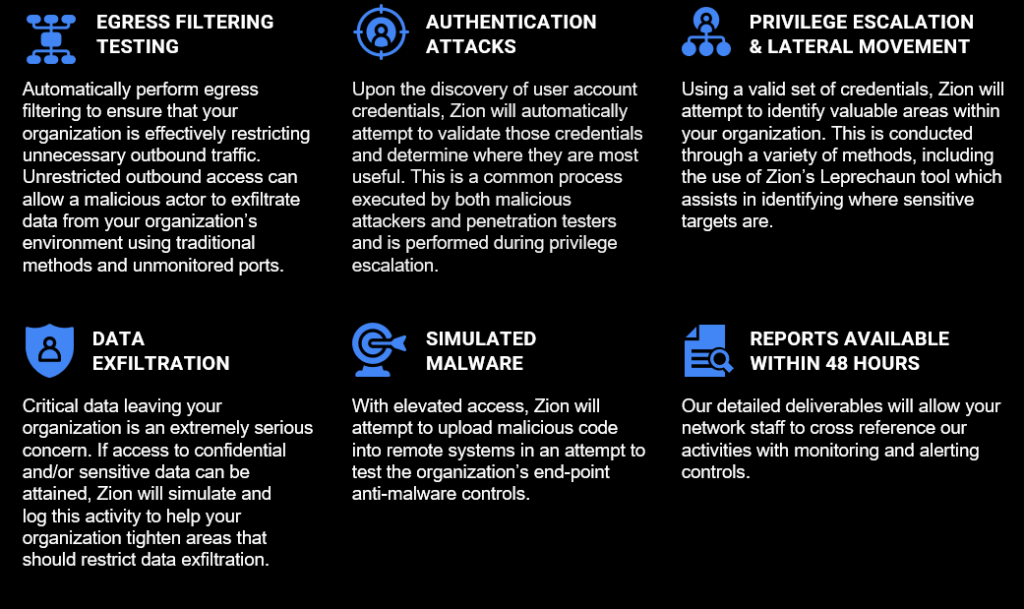
What is Penetration Testing?

Penetration testing, often referred to as ethical hacking, is a crucial cybersecurity practice that involves simulated attacks on systems, networks, or applications. The primary objective is to identify vulnerabilities that could be exploited by malicious actors. By understanding these weaknesses, organizations can enhance their security posture and protect sensitive data.
The Benefits of Conducting Penetration Tests
Engaging in regular penetration testing has numerous benefits for organizations. Firstly, it helps in identifying potential security gaps before they can be exploited. This proactive approach not only mitigates risks but also provides assurance to stakeholders regarding the organization’s commitment to security. Additionally, through successful penetration tests, businesses can comply with regulatory standards and improve their overall risk management strategies.
How Often Should Penetration Testing be Performed?

The frequency of penetration testing is paramount in maintaining a robust security framework. Ideally, organizations should conduct these assessments at least annually, or more frequently after major changes to systems or applications. Regular testing ensures that new vulnerabilities are identified and addressed promptly, keeping pace with the ever-evolving threat landscape. In summary, consistent penetration testing plays a vital role in safeguarding assets and improving an organization’s overall cybersecurity strategy.
Our Penetration Testing Methodology – Zion combines multiple methodologies that were once manually conducted into an automated fashion to consistently provide maximum value to organizations

We offer two different network penetration testing services to guide your organization to a better security posture and program
